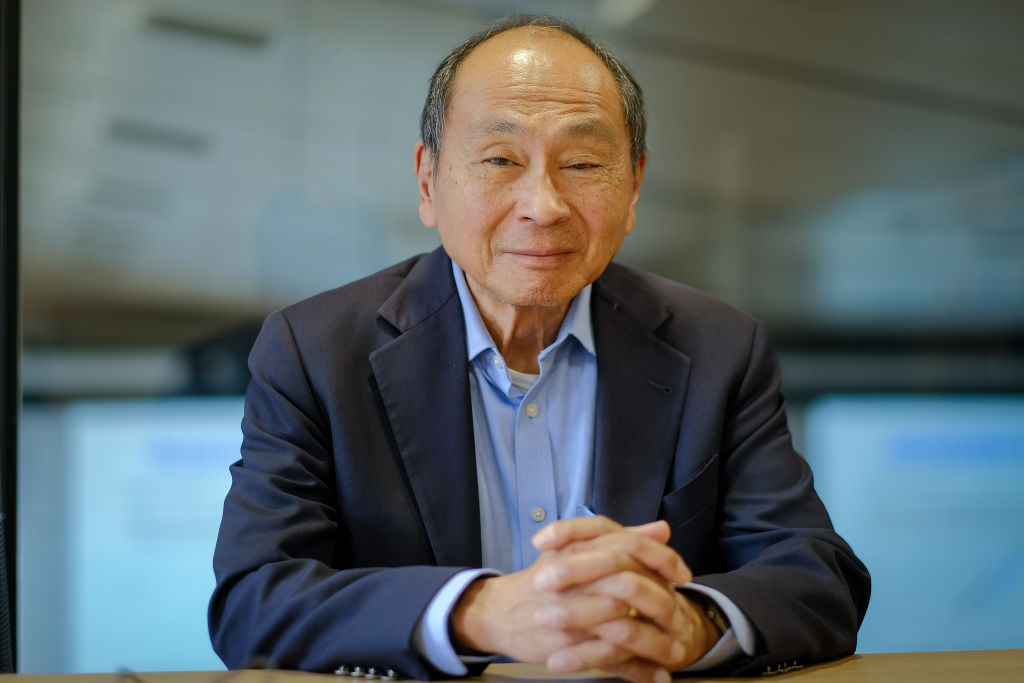Donald Trump’s victory this week demonstrates that classical liberalism is on the decline, according to international relations scholar Francis Fukuyama.
The election “represents a decisive rejection by American voters of liberalism and the particular way that the understanding of a ‘free society’ has evolved since the 1980s”, the political scientist wrote in the Financial Times today. “Donald Trump not only wants to roll back neoliberalism and woke liberalism, but is a major threat to classical liberalism itself.”
Fukuyama is best known for his 1992 book The End of History and the Last Man, which argued that the triumph of liberal democracy over communism marked the end of conflicts over civilisational models, with Western liberalism projected to serve as the final form of government throughout the world. The 9/11 attacks and the ensuing wars in the Middle East inspired new criticism of Fukuyama’s ideas, as has the rise of populism throughout the West in the past decade.
The public intellectual is a longtime Trump critic, and warned in 2016 that the US was in “one of the most severe political crises I have experienced in my lifetime”, citing Trump’s desire to flout institutional rules. Trump’s first election victory in 2016 seemed like an “aberration”, an impression seemingly confirmed by his loss in 2020, according to Fukuyama’s new article. However, that the American people voted for him once again, “with full knowledge of who Trump was and what he represented”, showed the tides of history are once again turning, the author argued.
In the FT piece, Fukuyama suggested that the previous status quo was giving way to a “new era in US politics and perhaps for the world as a whole”. He attributed this largely to the working-class backlash against neoliberal policies.
From the Eighties onward, according to Fukuyama’s piece, free-market economics ushered in prosperity, particularly for the wealthy, while undermining the working class and strengthening industrial powers outside of the West. Meanwhile, the political Left replaced concern for the working class with an emphasis on a “narrower set of marginalised groups: racial minorities, immigrants, sexual minorities and the like”.
The shift away from liberalism is already making an impact on both major parties. Trump’s strong performance among the working class, including non-white male voters who historically favoured the Democrats, has prompted reflection within the Left-of-centre party, as internal critics argue it needs to lean into economic populism and distance itself from social progressivism. Even in the final months of the campaign, both Kamala Harris and Joe Biden distanced themselves from transgender issues and identity politics, as did down-ballot Democrats in competitive races. Both parties have also come to reject liberal immigration policies as American voters warm up to closed borders and mass deportations.
Trump himself has leant into the public’s growing distrust in free markets and Government institutions, promising extensive, across-the-board tariffs and an overhaul of the executive branch. “The breadth of the Republican victory,” Fukuyama argued today, “will be interpreted as a strong political mandate confirming these ideas and allowing Trump to act as he pleases.”











Join the discussion
Join like minded readers that support our journalism by becoming a paid subscriber
To join the discussion in the comments, become a paid subscriber.
Join like minded readers that support our journalism, read unlimited articles and enjoy other subscriber-only benefits.
Subscribe